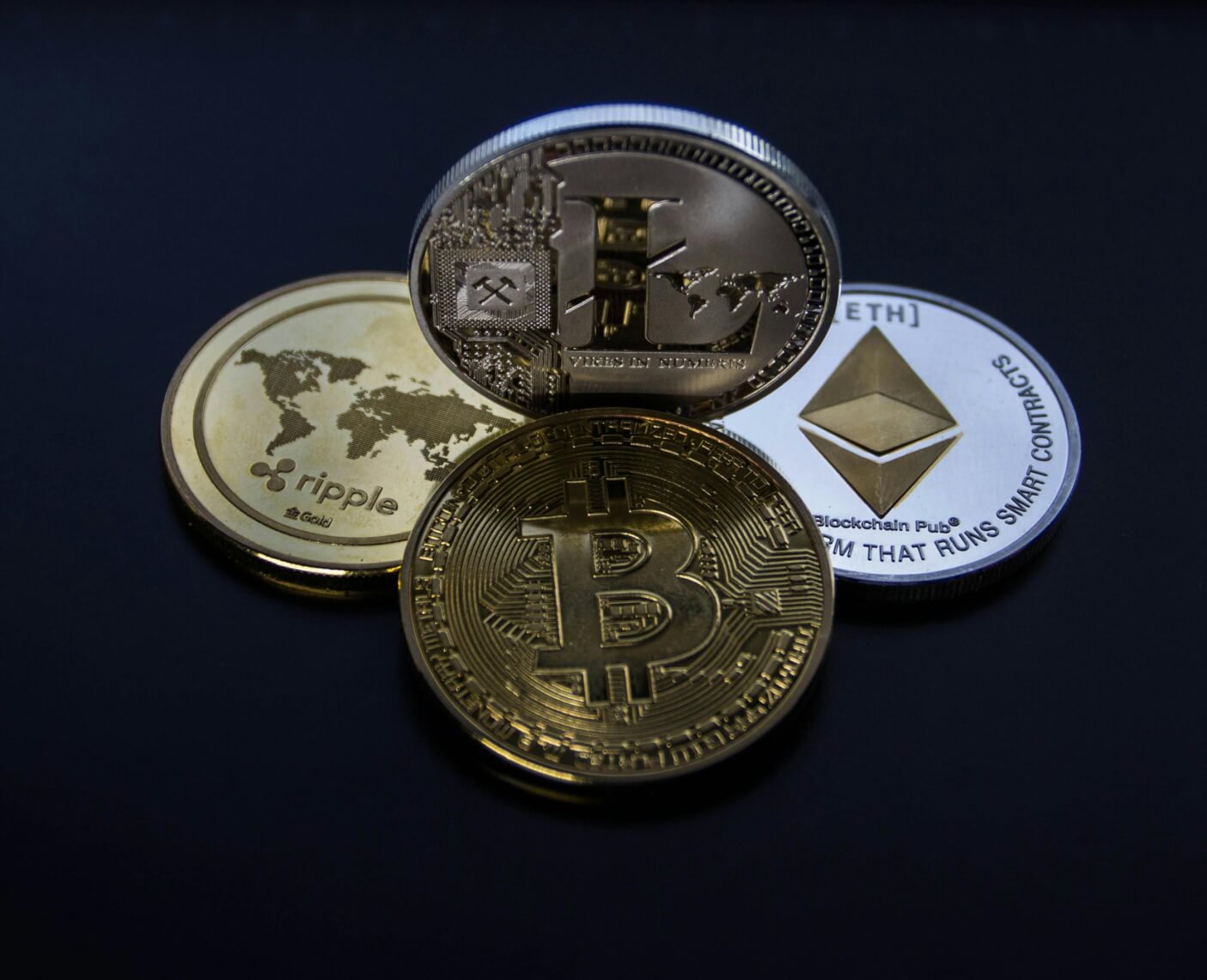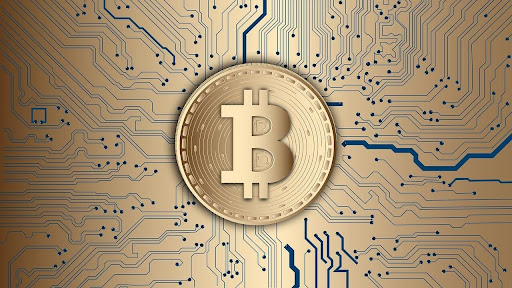The crypto space is back in the spotlight since Bitcoin’s latest price jump. This week, the buzz around the industry is all about what’s happening in Washington, where lawmakers are preparing to vote on numerous bills. Each of these bills has the power to reshape how crypto works in the US. Many investors are hopeful that these new regulations could bring some long-awaited clarity to the market, and given the climate, they’re getting in ahead of the news.
On Friday, Bitcoin reached a record high, which set off a new wave of interest around other digital assets. Even if not every bill makes it across the finish line right now, it’s an exciting time for the crypto community because Congress is finally engaging with digital assets in a serious way (giving the market a strong boost, as a result).
Starting Monday, the House of Representatives will review several crypto-focused proposals. These include the Genius Act, which would regulate stablecoins, and the Clarity Act, which is aimed at sorting out whether tokens are securities or commodities. There’s also the Anti-CBDC Surveillance State Act, which is more about protecting privacy. All of this is happening with support from Donald Trump, who’s leaned heavily into crypto in recent months. He’s even calling himself the “crypto president” and is backing companies like World Liberty Financial, a platform connected to his sons Eric and Don Jr.
While that might seem like political theater to some, traders are seeing opportunities. As the market gains more eyeballs, a new crypto trading platform is getting attention once in a while for offering high-speed access to crypto futures without the hassle of signups or KYC checks. Investors have always valued their privacy, and now, these services cater to a quicker, simplified way to trade. As legislation around crypto begins to take shape, people are looking for smarter, faster ways to be part of the action. Whether you’re into long-term holds or quick trades, the rising interest is hard to ignore, especially with Bitcoin’s latest performance.
That said, Bitcoin’s rise isn’t just about policy. It’s also about momentum. The price recently jumped to $117,333.32, gaining over 3% on the day. So far this year, it’s up 26%, and it’s gained nearly 41% in just the past three months. That kind of performance is drawing in not only retail investors but also institutions and large-scale funds.
Other cryptocurrencies are tagging along for the ride. Ether rose by over 5%, while XRP and Solana posted gains of nearly 10% and just under 1%, respectively. That’s not just market noise. It’s an indication that investors are spreading their bets, especially with hopes that some regulatory hurdles might soon be lifted. With the total crypto market value now sitting around $3.67 trillion, it’s safe to say attention is back on digital assets in a big way. The influx of cash and interest is creating a snowball effect that might keep rolling as long as policy winds stay favorable.
The Clarity Act is the other major proposal getting buzz. One of the biggest headaches in crypto over the past few years has been not knowing which agency oversees what. Is a token a security or a commodity? The Clarity Act would help sort that out by giving the Commodity Futures Trading Commission more say in the crypto space. That’s something many companies have pushed for, especially since clashes with the SEC during the Biden years caused confusion. If passed, it could make it easier for platforms to offer a broader range of tokens without legal headaches.
That said, not everyone is convinced this rally has legs. Some market watchers are saying investors need to stay realistic. Dirk Willer from Citi warned that Bitcoin’s comparison to “digital gold” might be a stretch at this point. The crypto market is still known for sharp price swings, and that kind of volatility doesn’t go away overnight.
With so much happening at once, it’s no wonder investors are glued to their screens. Crypto is no longer sitting on the sidelines in Washington. This moment feels different. Not just because prices are high, but because the conversations in Congress could finally bring some structure to a market that’s long needed it.

























